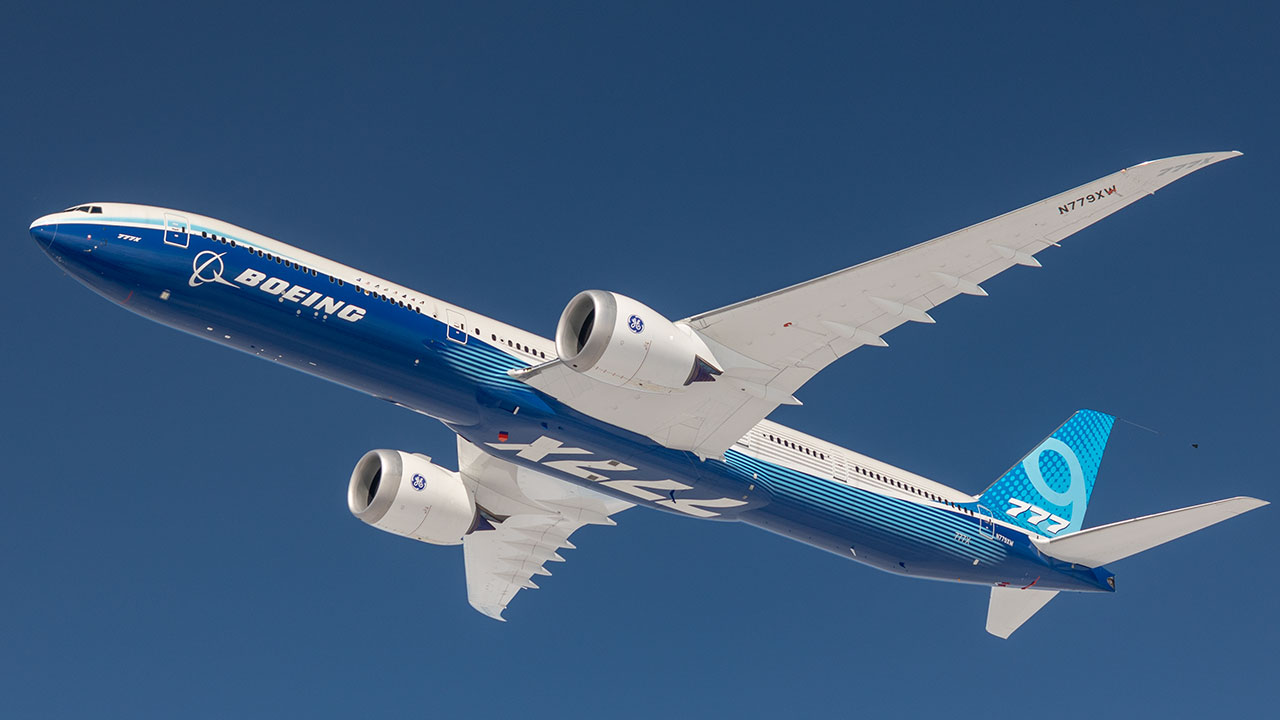Boeing Faces New Hurdles as FAA Halts 737 MAX Production Expansion
Concerns over passenger safety resurface as the FAA imposes restrictions on Boeing’s 737 MAX planes.
The aviation industry is once again facing turbulence as Boeing, a major player in the aircraft manufacturing sector, encounters fresh challenges that cast a shadow over its stock performance. The recent decision by the US Federal Aviation Administration (FAA) to halt Boeing’s plans for expanding production of its 737 MAX planes raises significant concerns regarding passenger safety.
The move follows a mid-air blowout incident on January 5 involving Alaska Airlines Flight 1282, which was forced to make an emergency landing after a door panel was torn off during the flight. Although no serious injuries were reported, the FAA took swift action by grounding 171 Boeing 737-9 MAX airplanes for rigorous inspections. Boeing acknowledged a “mistake” in the aftermath of the incident.
Boeing Faces $BA New Hurdles as FAA Halts 737 MAX Production Expansion
Concerns over passenger safety resurface as the FAA imposes restrictions on Boeing's 737 MAX planes. pic.twitter.com/hvmSkaJzwP
— LTN 🐝 (@Livetradingnews) January 25, 2024A particular safety concern identified in the inspections is the presence of loose bolts, a factor that has drawn attention from Boeing, the FAA, and operating airlines. In response to these findings, the FAA announced on Wednesday that it would not permit any expansion in the production of the 737 MAX, emphasizing that the recent safety lapses must not recur.
FAA Administrator Mike Whitaker stated firmly, “Let me be clear: This won’t be back to business as usual for Boeing. We will not agree to any request from Boeing for an expansion in production or approve additional production lines for the 737 MAX until we are satisfied that the quality control issues uncovered during this process are resolved.”
The FAA’s enhanced maintenance process includes specific measures such as the inspection of bolts, correction of any abnormalities, and detailed visual checks of various aircraft parts. This stringent oversight aims to ensure that the grounded jets can safely return to service once the required measures are completed.
This latest setback for Boeing follows previous challenges, including the tragic crashes of two of its planes in Ethiopia (2019) and Indonesia (2018), resulting in the loss of 346 lives. The aftermath of these incidents led to a 20-month grounding of 737 MAX aircraft.
As Boeing grapples with renewed safety concerns and regulatory scrutiny, investors in $BA stock may experience increased unease about the company’s stability and reputation. The FAA’s insistence on resolving quality control issues before any production expansion underscores the gravity of the situation for Boeing and its stakeholders. The trajectory of $BA stock will likely be closely monitored in the coming weeks as the aviation giant works to address these challenges and rebuild confidence in its aircraft.
Shayne Heffernan









